Start the new year with these inspiring texts about education.
For students, coming back from summer vacation means getting back into the swing of things with school routines, teachers, and peers. This fall, mix up your back-to-school agenda and inspire your students with 10 CommonLit texts about how learning can have an impact on your life.
3rd-4th Grade:
“Reading to Max” by Heather Klassen
In this heartwarming short tale, a young boy reads to a cat at an animal shelter and experiences the reward of sharing a book with his feline companion. Not only will students learn about the bond humans can form with animals, but they will also see how a shared love for learning can bring friends closer together.
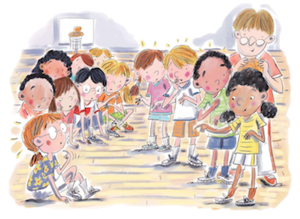
“The Champion of Quiet” by Tracy Stewart
The protagonist of this cute story, Maggie, is a timid new student who makes friends in gym class with some creative thinking. You can use this text as a way to your students thinking about similar challenges they may have faced in school and how they grew because of them. Prompt your students by asking if they have ever felt shy while trying to make a new friend and what would have made the process easier.
5th-6th Grade:
“Seventh Grade” by Gary Soto
In this story, a young boy named Victor desperately wants to talk to and impress a girl he likes. Your students are certain to enjoy the humor in this story! You can use this text as an opportunity to engage students by asking them to think about a time when they worked hard to impress someone.
“President Obama’s National Address to America’s Schoolchildren” by President Barack Obama
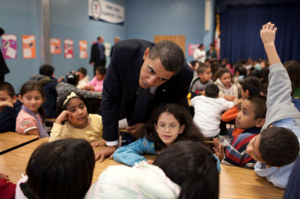
In this 2009 speech delivered at Wakefield High School, former President Barack Obama speaks to students across the United States, highlighting the importance of education. The rhetoric in this riveting speech will motivate students to tackle the new school year with confidence and determination.
7th-8th Grade:
“In Pakistan, a Self-Styled Teacher Holds Class for 150 in a Cowshed” by Philip Reeves
Education comes in all forms, and this eye-opening informational text is a great example of that. The article centers around Aansoo Kohli, a 20-year-old Pakistani woman who teaches local children in a cowshed. This wonderful, true story puts into consideration whose responsibility it is to provide kids with an education and how this can be achieved.
To take your lesson a step further, pair this informational text with the poem “What Teachers Make” and encourage your students to think about the impact teachers can have on students’ lives.

“Malala Yousafzai’s Nobel Peace Prize Lecture” by Malala Yousafzai
As a young girl growing up in Pakistan, Malala Yousafzai nearly lost her life in pursuit of an education. Now, she fights for the right to education across the world. In her Nobel Peace Prize acceptance speech, Malala discusses the necessity of quality education for all.
This speech provides you with a perfect chance to ask your students how important education is to them. Try sparking a conversation with a thought-provoking question, such as: Why do you think Malala was willing to risk her life to achieve an education?
9th-10th Grade:

“Let’s Teach for Mastery— Not Test Scores” by Sal Khan
As students mature and grow into becoming independent thinkers, they naturally form their own opinions about school and the education system. Using this transcript of Khan Academy creator Sal Khan’s TED Talk, invite your students to provide their thoughts on the goal of education. Do they agree with Khan’s message: that mastery-based learning should be at the core of today’s education system?
As students read the text, play Khan’s TED talk in the background.
“Young Innovators: Detecting Land Mines” by Robert Siegel
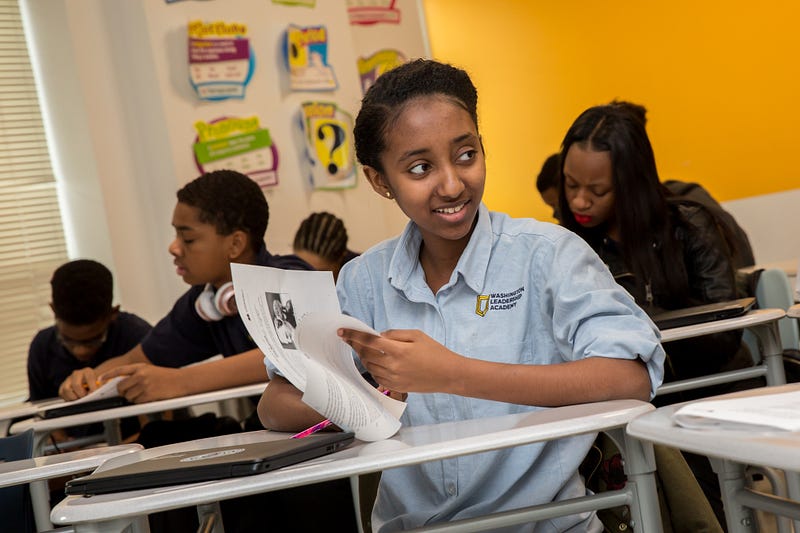
Are you looking to spark your students’ interest in science? This text contains an interview with a 17-year-old girl whose passions led her to invent a device that uses sound to safely detect explosive land mines. Marian’s inventions even earned her the chance to visit the White House!
11th-12th Grade:
“On the Education of Youth in America” by Noah Webster
This piece, written in 1788 by the Father of American Scholarship and Education, as well as the creator of the Merriam-Webster dictionary, Noah Webster, dives into the state of education at the time this text was written.
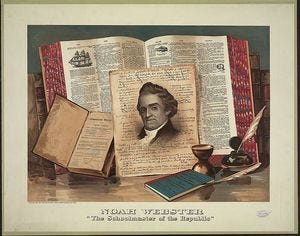
Try pairing this text with Benjamin Franklin’s “Proposals Relating to the Education of Youth in Pennsylvania.” Invite your students to compare these authors’ opinions on education by asking the following questions in a class discussion: What do Webster and Franklin see as the purpose of schooling? Has the purpose of education changed since then? If so, has it changed for the better?
“Teaching Shakespeare in a Maximum Security Prison” by Michel Martin
In this NPR interview, students can read about a professor whose decision to teach Shakespeare in a prison provides hope and insight for many young adult inmates. The text can provoke discussion around rehabilitation through education and why people who may need education the most sometimes have the least access to it.
Bonus Text!
“A Quick Note on Getting Better at Difficult Things” by Ta-Nehisi Coates
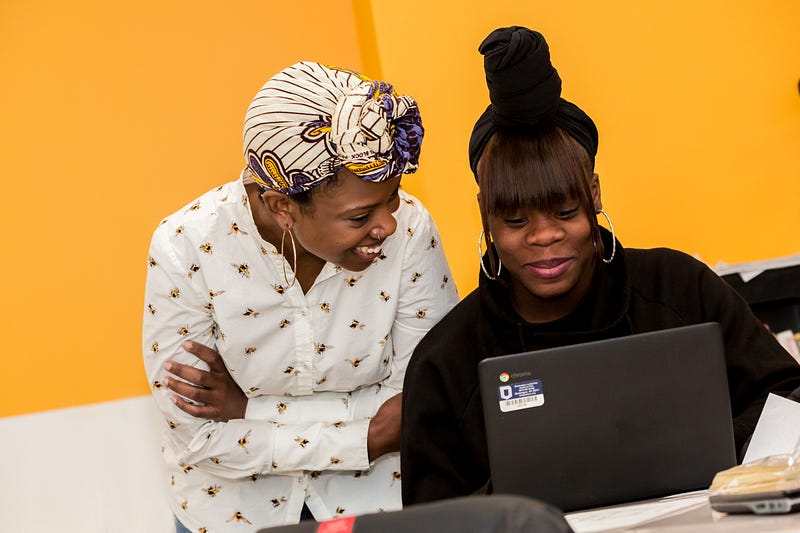
As students near the end of primary education, they continue to encounter more challenging subjects, tasks, and obstacles. This text discusses growth mindset in the context of learning a new language. Because this topic is applicable to students of all ages, feel free to incorporate this text into your class, no matter the grade level!
Next Steps
Looking for more great texts to share with your students? Check out our CommonLit library!
If you’re interested in learning all about CommonLit’s free digital literacy program, join one of our upcoming webinars!


